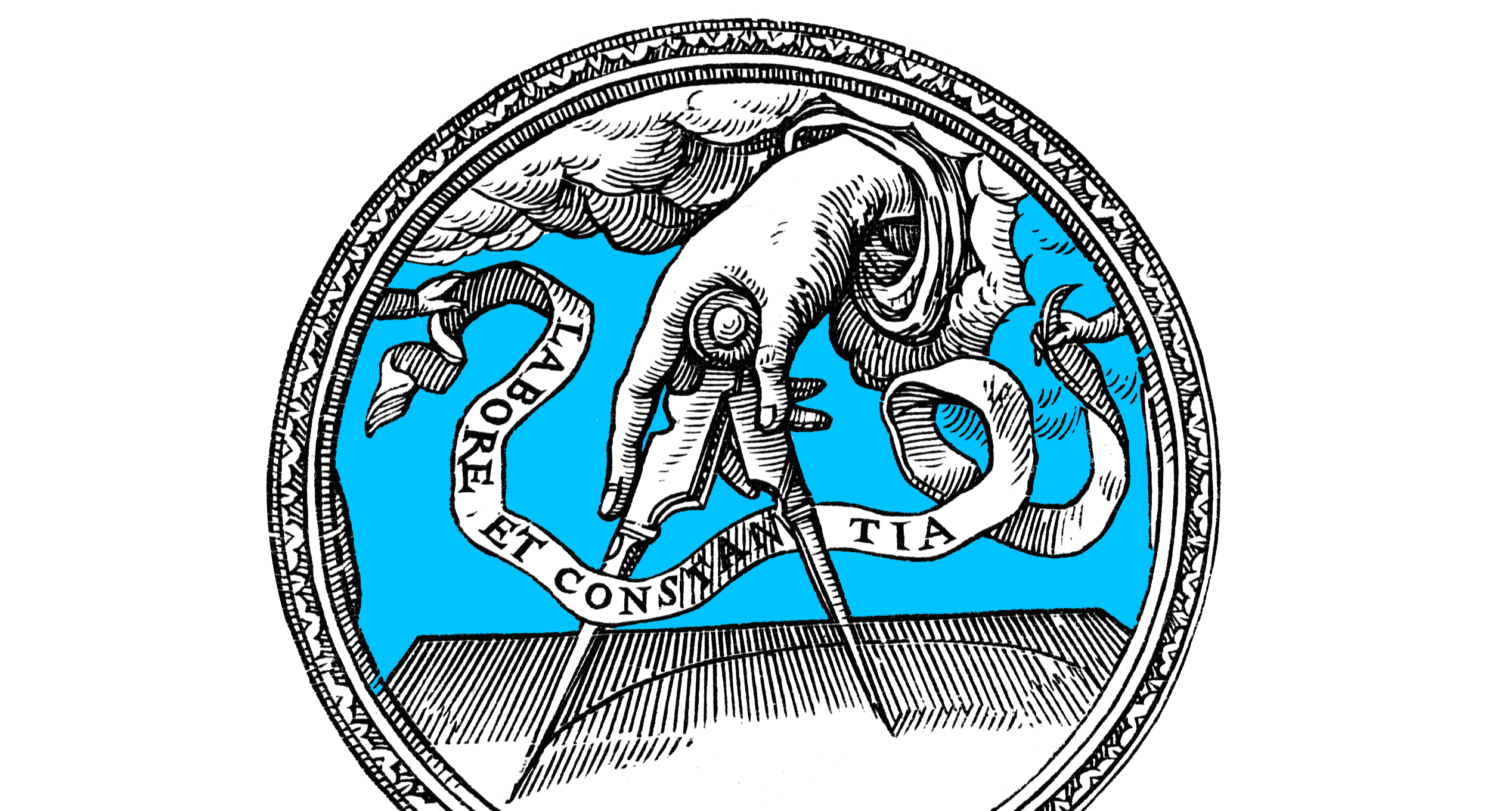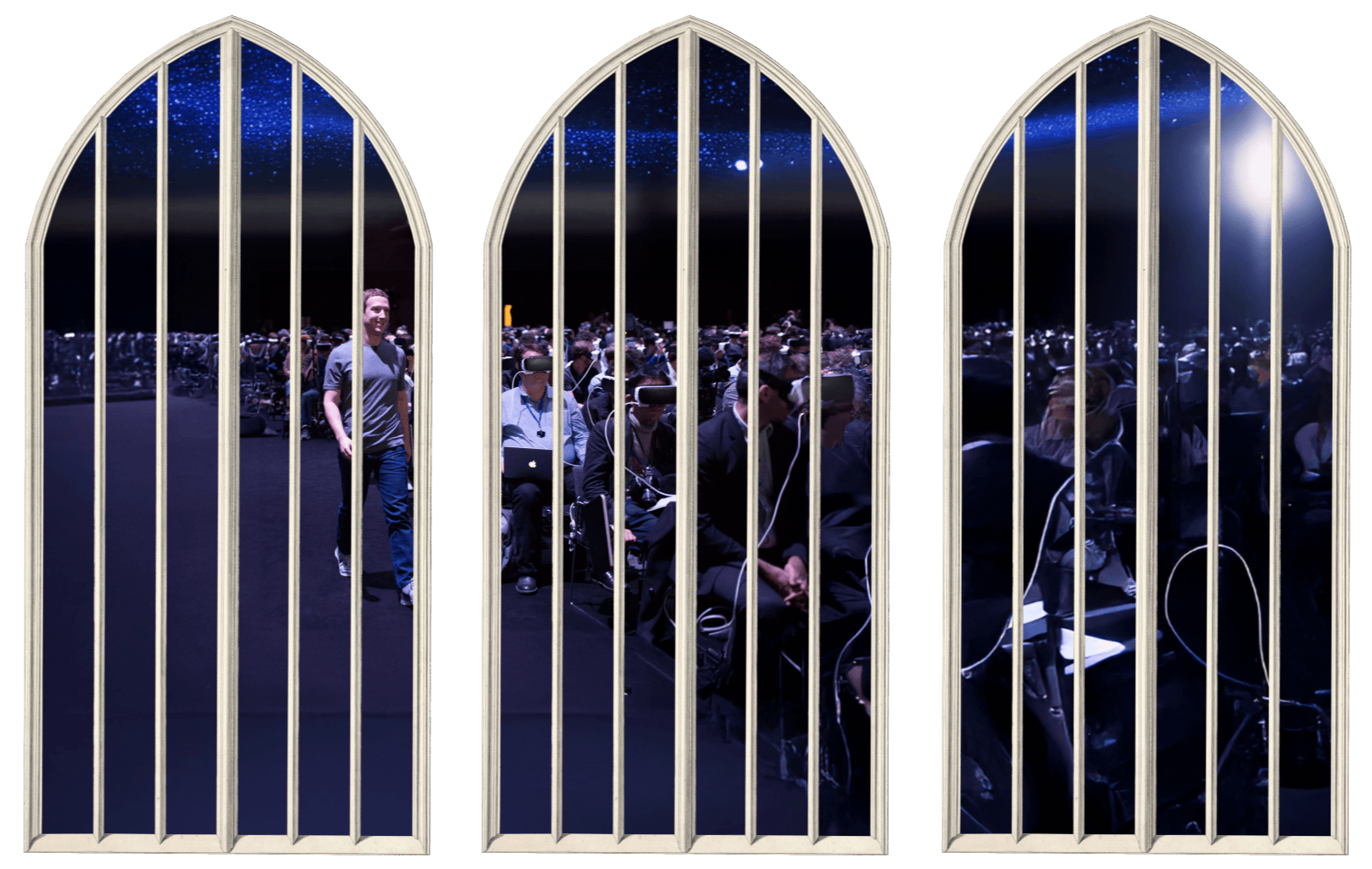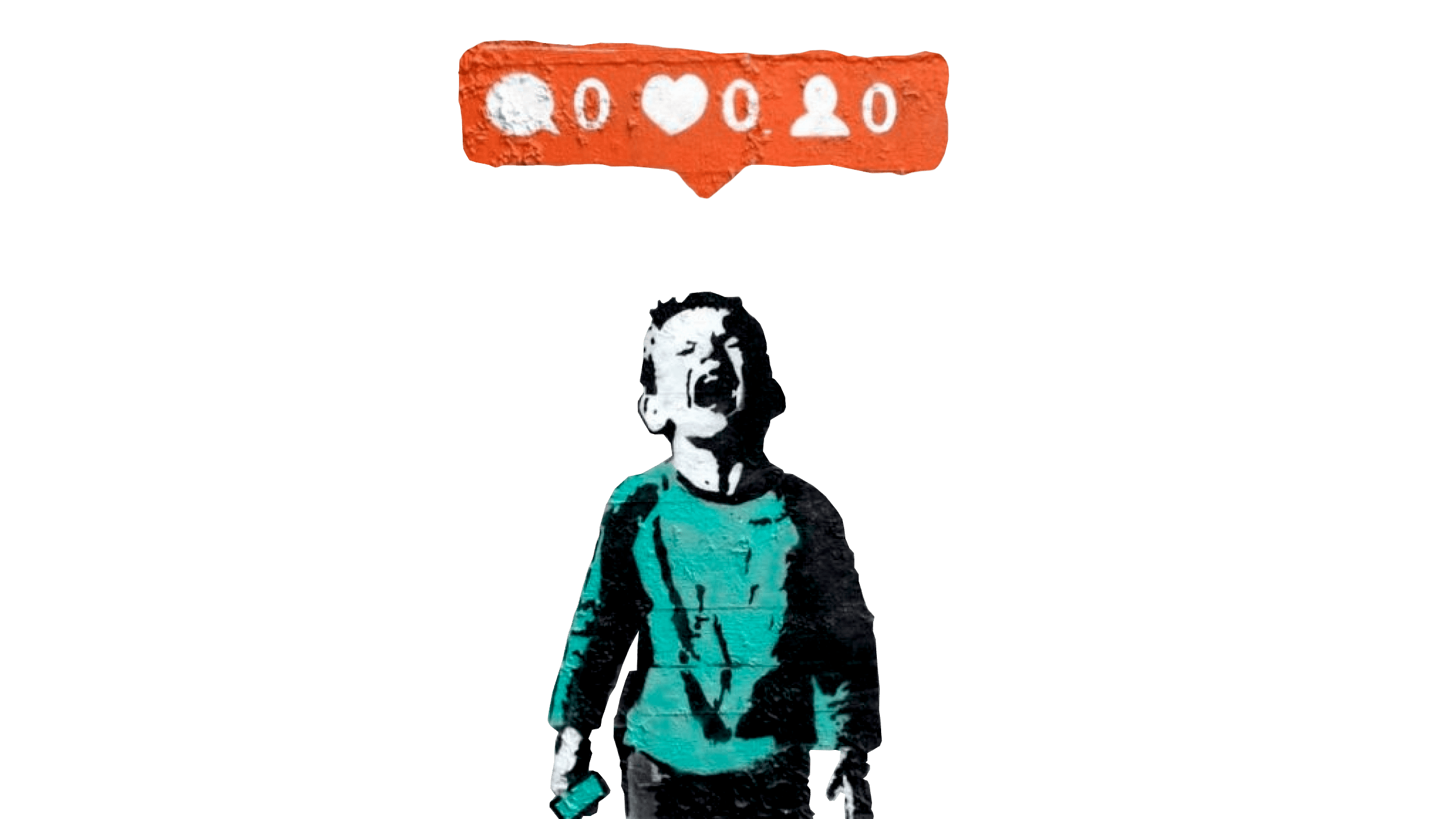First, think of a number between one and ten. Then take a step back and look at the words “User Experience Design” as if you had never seen them.
Look at them closely until you hear them with the vanilla motor voice of Christopher Walken: USER EXPERIENCE DESIGN. What do you think? Sort of preposterous isn’t it? No, not me asking you to do these things, but the idea that someone thinks they can control how you feel. Would you easily accept that your reading experience here and now was “designed” by me the writer? Is this you reading these lines in your very special personal way? Or is this me letting you read my lines my way?
Experience and Individuality
We naturally assume the way we experience our world is unique. The idea that our experience has been shaped by someone else threatens our belief in individuality and personal freedom.
Discussions about the individuality of perception often end in childish lines like “you don’t know how I taste my espresso, you’re not me” or “you don’t know how I experience red—maybe I see red more like you see yellow”.
Pragmatic Approach
Of course it’s useless to argue. But a more pragmatic person will say: well, I don’t know for sure but judging from your reaction I have no reason to believe that each and every person has a different experience drinking espresso or seeing red. In fact, there are empirical examples that prove that experience can be premeditated:
- Rhetoric: Rhetoric is the art of using language as a means to persuade. Rhetoric is a set of rules how to use language in order to persuade others. Rhetoric is language design. And it works.
- Movies: Film language is very complex. Yet movies are designed in a way that can make people laugh or cry, feel scared or happy. The way they reach their goal is by design. And they generally achieve their goal.
- Branding: It is undeniable that what you feel about brands has in one way or another been premeditated. Brands form tribes. The feelings people have about products are not different from person to person, they’re different from group to group. Brands are designed. And often with more precision than you’d think.
Experience can be designed. All design is experience design. If anything, this is what makes the notion somewhat silly.
Mind Control?
So if chances are high that different people perceive things in similar ways, is it possible that someone else controls what we think and feel? No. Not everyone will experience your speech, your movie, your product in the same way.
Joe the Plumber will hate that Obama speech no matter how elaborate, your delicate aunt Rose will hate Pulp Fiction no matter how well you explain its coolness, the graphic designer at Ogilvy will not buy that Windows7 box no matter how fantastic the reviews. You cannot control people through design, but through design you can control to whom you speak.
Experience design is not a remedy that turns products into miracles that everybody likes. It will help you speak more efficiently to your target group. To that end products need to be simplified. The simpler the product the more character it has, and the more likely it is to be rejected or accepted by a group of customers. To that end you need to know your customers, and you need to test your designs with your customers.
The chances are high that the number between one and ten I asked you to think about at the beginning of the article was the number seven. If you got a different number, you’re really special.







